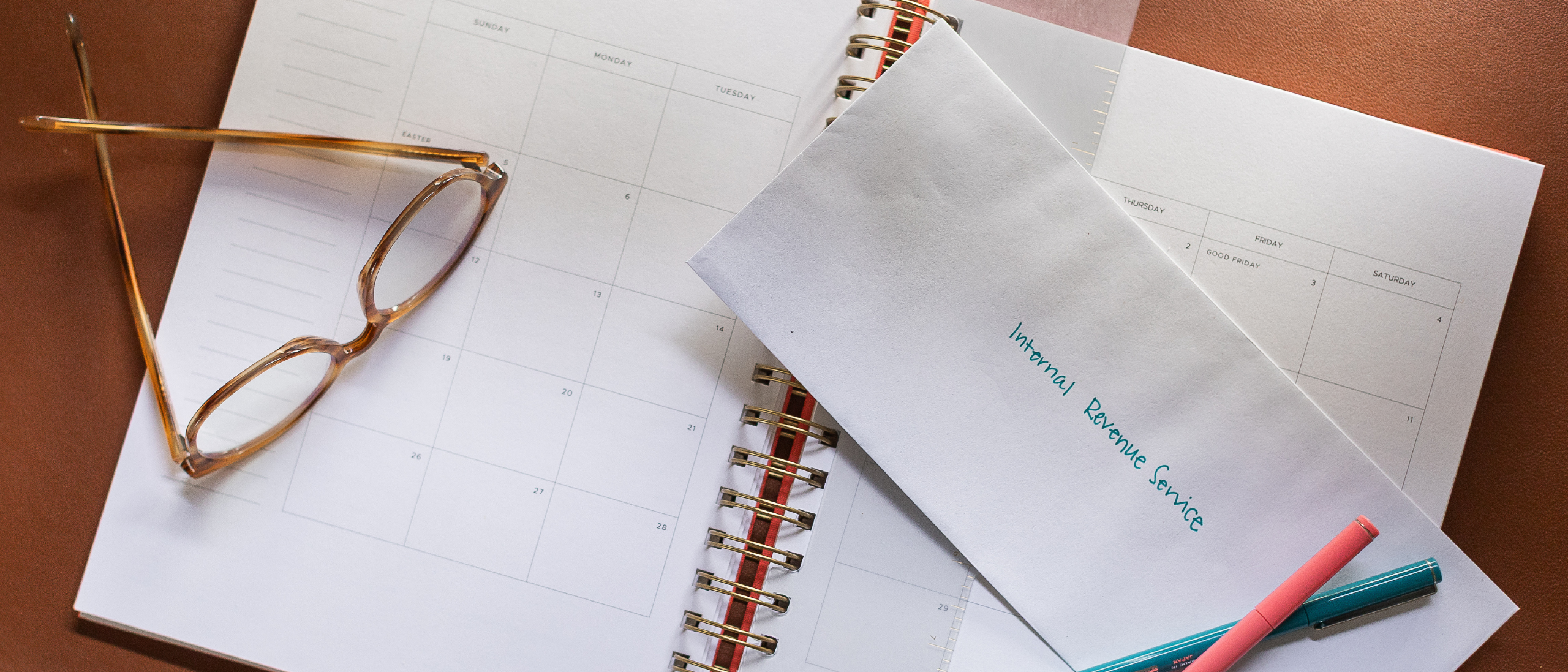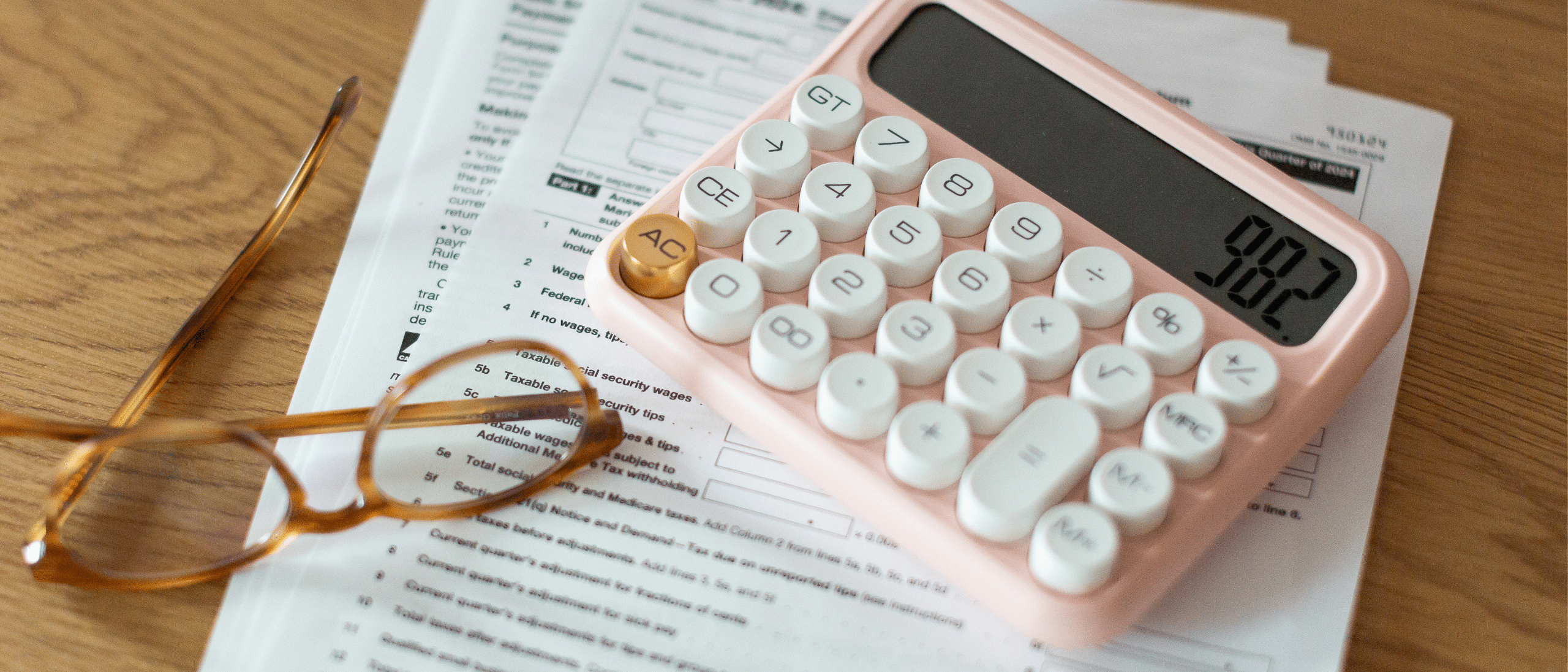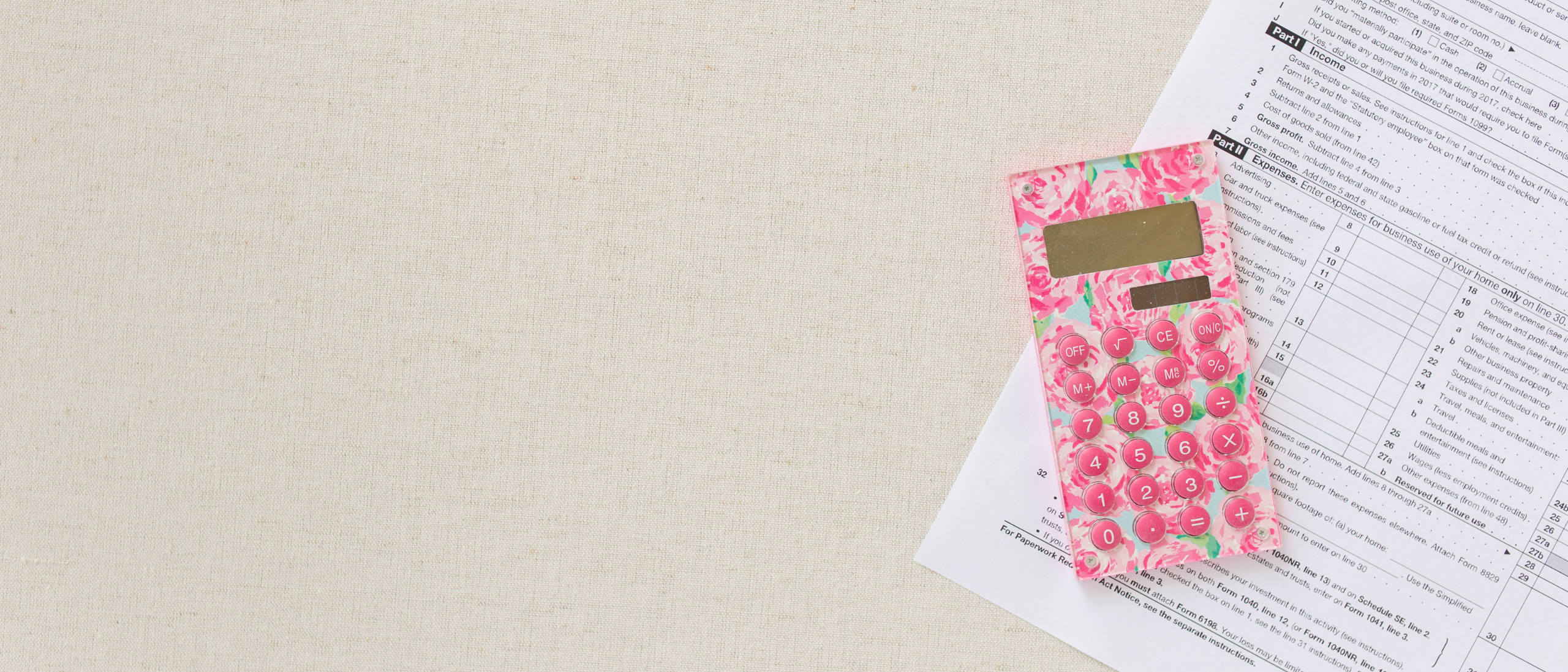Technically you’re not allowed to start taking standard business deductions until your business has actually, well, started. Which, in the eyes of the IRS, means you’re ready to provide or have started providing the goods or services you’re going to offer.
But, as any business owner will happily commiserate over happy hour, getting to the point where your business is ready to start can cost a lot of moolah.
So can you write off any of the start-up costs of prepping your biz to open its doors? Or what about equipment that you purchased before you even thought of starting a business, like the expensive camera you purchased when you were just a fledgling hobbyist that now you’ll be using for your photography business?
The good news is, yes, you can write a good bit of that off—it just may take some time to see the benefit. Here’s what you need to know to do it right.
Writing Off Expenses You Bought Specifically for Your Business
There are lots of expenses that may go into getting your business off the ground, like doing market research, purchasing equipment, travel for securing distributors, suppliers or customers, payment for employees who are being trained or consultants to help you get your business going, advertisements for the opening of your business and so much more.
Luckily, the IRS recognizes this and allows you to deduct up to $5,000 of these start-up expenses in the year your business begins. Any money you spent above that amount to get your business off the ground can be amortized over a 180-month period.
There are a few things that can’t be included in startup costs: the creation of inventory, long-term assets, R&D costs (like creating an invention), or organizational costs. Long-term assets can be depreciated if they cost over $2,500. Organizational costs—or the legal costs of getting your business set up—are treated separately, but the IRS also allows you to deduct $5,000 worth of those expenses.
So let’s say Abbey was starting an online shop selling handcrafted jewelry made by herself and other artists and spends $3,000 paying someone to build her website, $1,000 traveling to trade shows to choose jewelry to include, $3,000 establishing initial inventory, $2,000 purchasing some jewelry equipment, and $1,000 doing initial advertising. Inventory can’t be included in this calculation, so we’ll ignore that $3,000. The rest all count as startup expenses and add up to $7,000. Abbey would immediately deduct $5,000 in startup expenses, and the additional $2,000 would be amortized over 180 months, starting with the month her business began (or $56 a month).
Writing Off Expenses You Didn’t Buy Specifically For Your Business
Expenses for things you’re using for your business but purchased long before you started building your business can’t be written off as part of start-up costs, but you can still get a break on them.
Instead of being written off in one fell swoop, these expenses are depreciated once your business beings, based on either the original price or the fair market value at the time you started using it for your business (whichever is lower).
So, say Monica had an expensive camera she bought when photography was just a hobby that she’s now using for her business, she’d have to figure out the approximate value of that camera on the day she started her company, and then depreciate it over the expected lifespan of the camera.
Abridged by Amy:
- Up to $5,000 of startup expenses can be written off the year your business begins for costs incurred before you actually started doing business. This can include costs like traveling to acquire distributors, training employees, etc.
- Startup expenses above $5,000 can be amortized over a 180-month period starting the month your business began.
- If you purchased something before you began setting up your business that you’re now using for your business, you can depreciate it based on the fair market value when your business begins.




